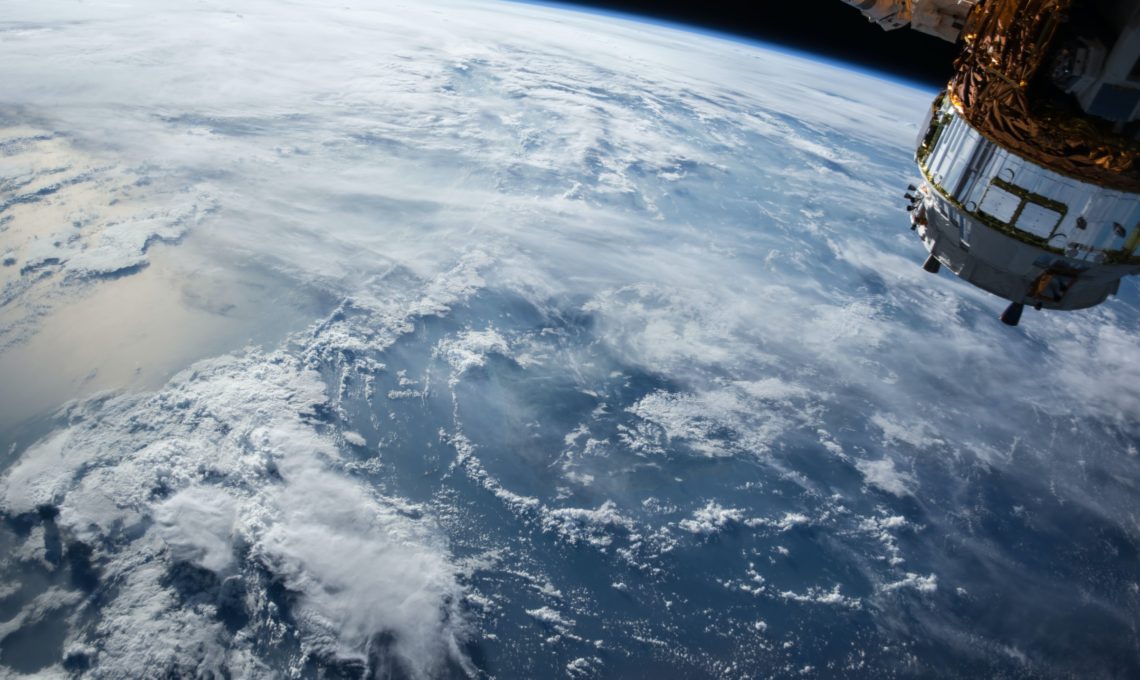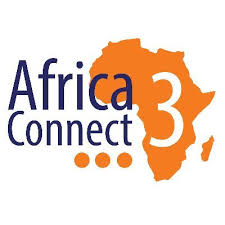
The power of earth observation
Adam Lewis is the Managing Director of Digital Earth Africa Establishment Team. With his mission and vision, Dr.Lewis is transforming the way spatial data is organised, prepared and analysed, leading to changes in the way satellite images are processed. Dr. Lewis leads the Digital Earth Africa (DE Africa) programme, an open platform, led and governed by Africans, that is working with global partners to make Earth Observation (EO) data free and accessible to the whole of the continent. The data can be used to inform crucial decision-making that will improve lives and contribute towards a more sustainable future for the continent.
Dr Lewis, why is EO data so important for Africa’s digital transformation and what are some of the real problems that satellites have been tackling on the continent?
Earth Observation data is a unique and powerful source of information for understanding and managing our environment, from oceans to rangelands, rainforests to cities. The data is unique because satellites cover whole continents and they do it consistently, providing free and open data. This information is valuable to all countries, but especially to large countries or in areas where other sources of data are difficult to obtain. Globally, EO data are used to map and monitor land cover, crops, agricultural areas, water bodies, floods, wildfires, coastlines, geology and minerals, the development of human settlements and so on. With DE Africa we are positioning Africa as a continent to leverage all that international experience and fast-track African countries to be leaders in the use of EO data. The DE Africa platform also gives policymakers, researchers and industry leaders the information they need to help address some of Africa’s greatest sustainability challenges, like food insecurity, water management and effectively managing urban growth.
At your keynote speech at TNC21, you mentioned that National Research & Education Networks (NRENs) play a key role in providing connectivity for the end users to access and make use of satellite data. Could you explain more in detail why and how you see NRENs harnessing the potential of EO to make data-driven decisions for the public good?
NRENs act as ‘data highways’ that connect data with people, and data with data. In recent years there has been a complete transformation in the way that people work with EO data. The data volumes have grown so rapidly that seemingly overnight we have moved from a model where the experts normally keep a copy of the data, to a model where no-one keeps a copy of the data –only cloud providers, major computing facilities and official archives have that capacity. In this world, experts –often in scientific and academic institutions -have to be able to connect to the data over networks, and NRENs are often out there as the pathfinders, so they are critical.
Furthermore, science is now a collaborative activity, at least in EO. So, networks are the way we connect people to work together.
What are some of the key challenges that you are encountering in your work in Africa right now? And what viable solutions do you foresee for these challenges?
Internet connectivity if the biggest challenge. Some of our users are connecting from remote locations and have challenges in accessing the platform. DE Africa is exploring how to optimise some of the tools, adding more memory for some power users and caching of some of the data for quick access. The COVID19 pandemic is making even more challenging for some users to connect from different countries. In this field, DE Africa is working with six Implementing Partners in Africa to bridge this gap. These partners are: Regional Centre for Mapping of Resources for Development (RCMRD) based in Nairobi, Kenya; L’Observatoire du Sahara et du Sahel (OSS -based in Tunisia), African Regional Institute for Geospatial Information Science and Technology (AFRIGIST -based in Nigeria) and AGRHYMET (based in Niger), Centre de Suivi Écologique (CSE based in Dakar, Senegal) and South African National Space Agency (SANSA).
In concrete terms, how could NRENs and their regional counterparts collaborate with DE Africa to overcome these challenges?
One way NRENs could work together with DE Africa is to map out which of our users are experiencing internet difficulties that prevent them from engaging fully with DE Africa training or tools, and then to highlight those as areas for network improvement.
For more information please contact our contributor(s):

